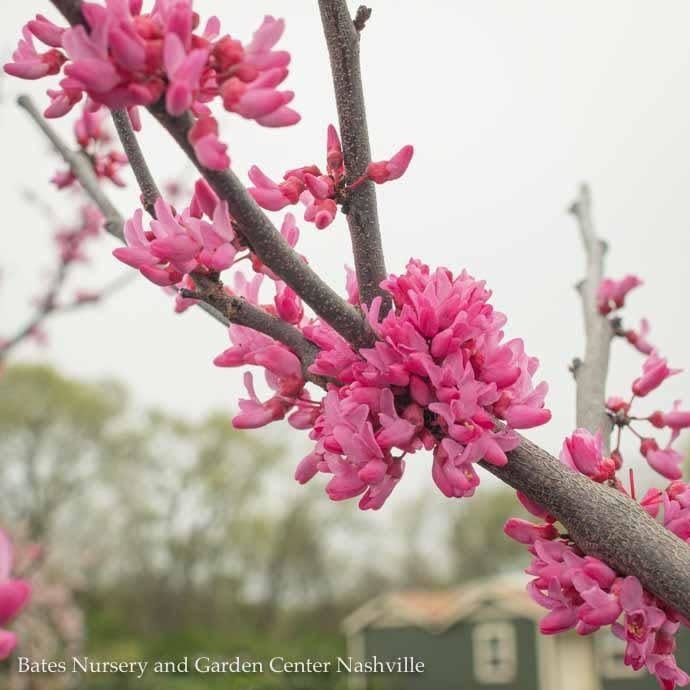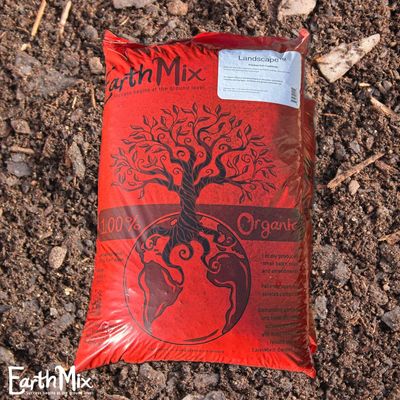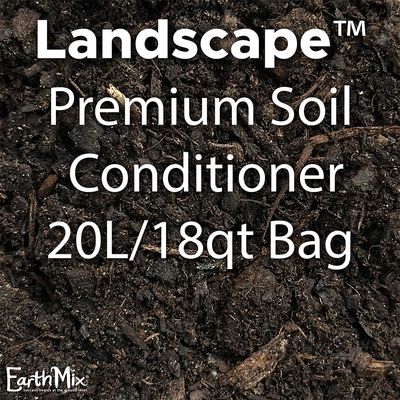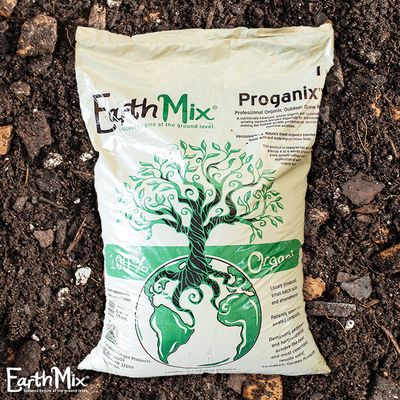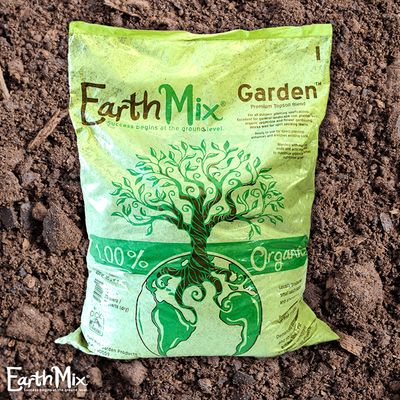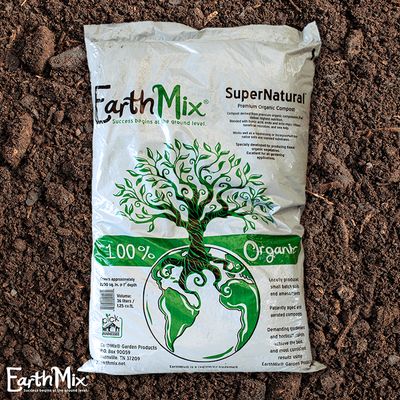#15 Cercis can Appalachian Red/ Redbud Native (TN)
#15 Cercis can Appalachian Red/ Redbud Native (TN)
SCIENTIFIC NAME: Cercis canadensis ‘Appalachian Red’
COMMON NAME: Appalachian Red Redbud
GARDEN SIZE: 15–25 ft. tall × 15–25 ft. wide
GROWTH RATE: Moderate
USDA ZONE: 4–9
EXPOSURE: Full sun to part shade. Prefers at least 4–6 hours of direct sunlight daily; some afternoon shade is beneficial in hot southern climates.
WATER & SOIL: Moist, well-drained soils are best. Tolerates a wide range of soil types including clay and loam, provided drainage is adequate. Avoid wet, poorly drained sites. Once established, it is moderately drought tolerant.
HABIT (FORM): Rounded to spreading
FOLIAGE: Deciduous; Heart-shaped leaves with pointed tips; dark blue-green in summer, turning yellow in fall
FLOWERS: Clusters of vivid fuchsia-pink to red pea-like blooms in early spring before foliage
PLANT ORIGIN: Eastern and central United States, including Tennesee.
WILDLIFE SUPPORT: Host plant for local butterflies and moths, and food source for pollinators, birds, and small mammals. Supplies shelter and nesting sites.
FERTILIZING: Generally low-fertility needs. Apply organic compost in early spring if growth appears weak or leaves are pale.
PRUNING: Prune after flowering to shape or remove crossing branches. Avoid heavy pruning, as this species does not respond well to severe cuts. Remove dead or diseased wood at any time.
TOXICITY FLAGS: Non-toxic to humans and pets.
USES: Specimen, understory accent tree
